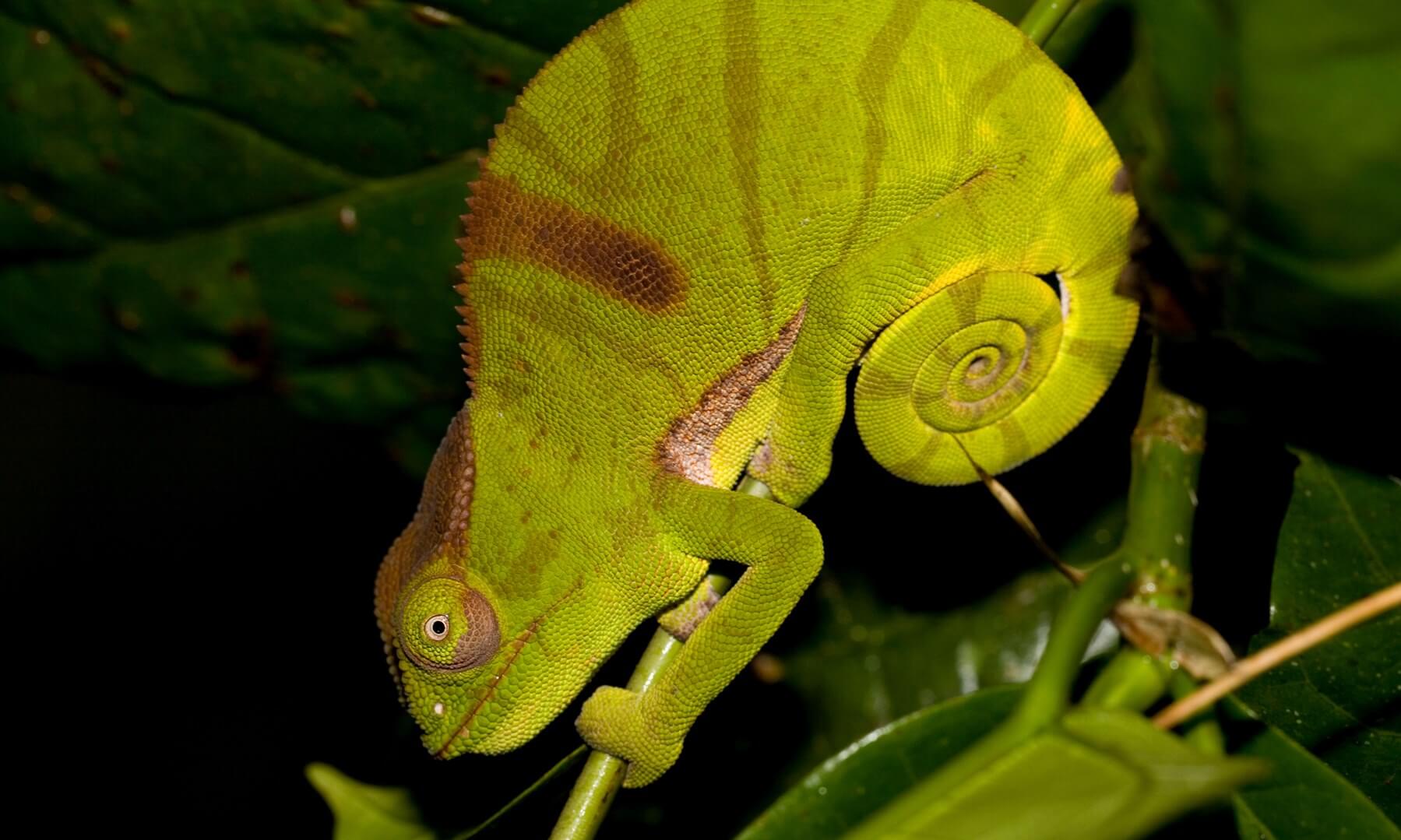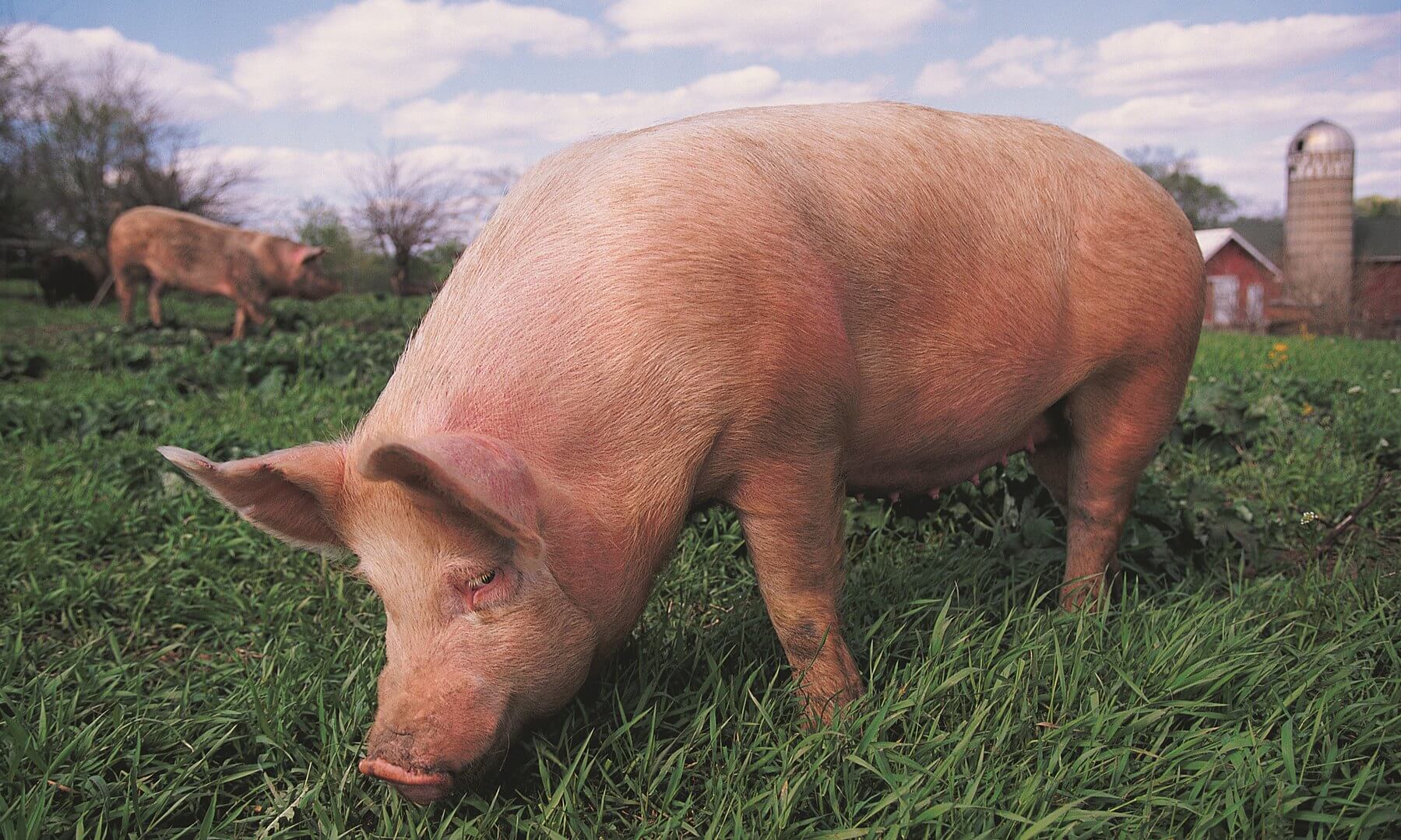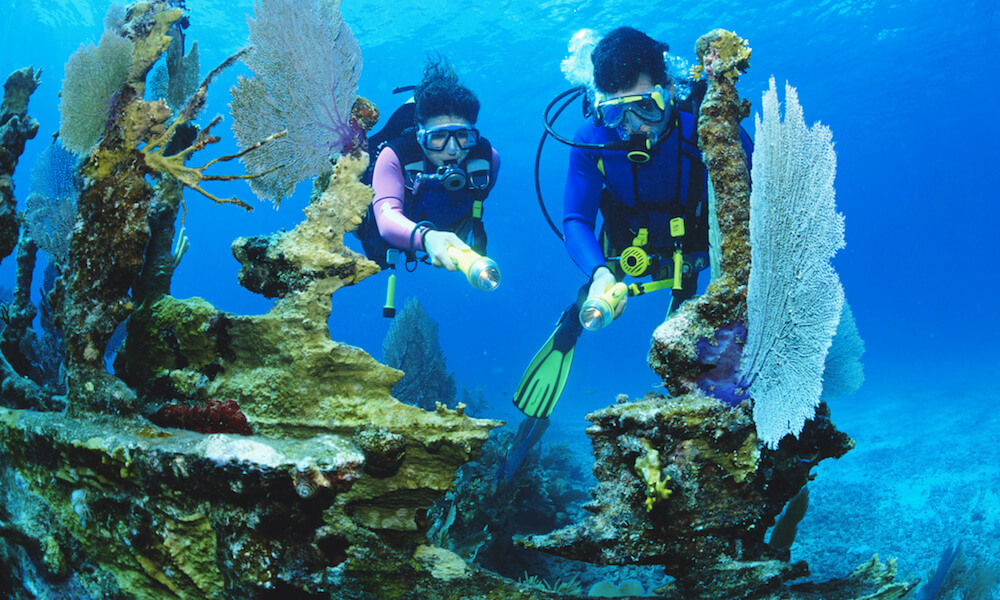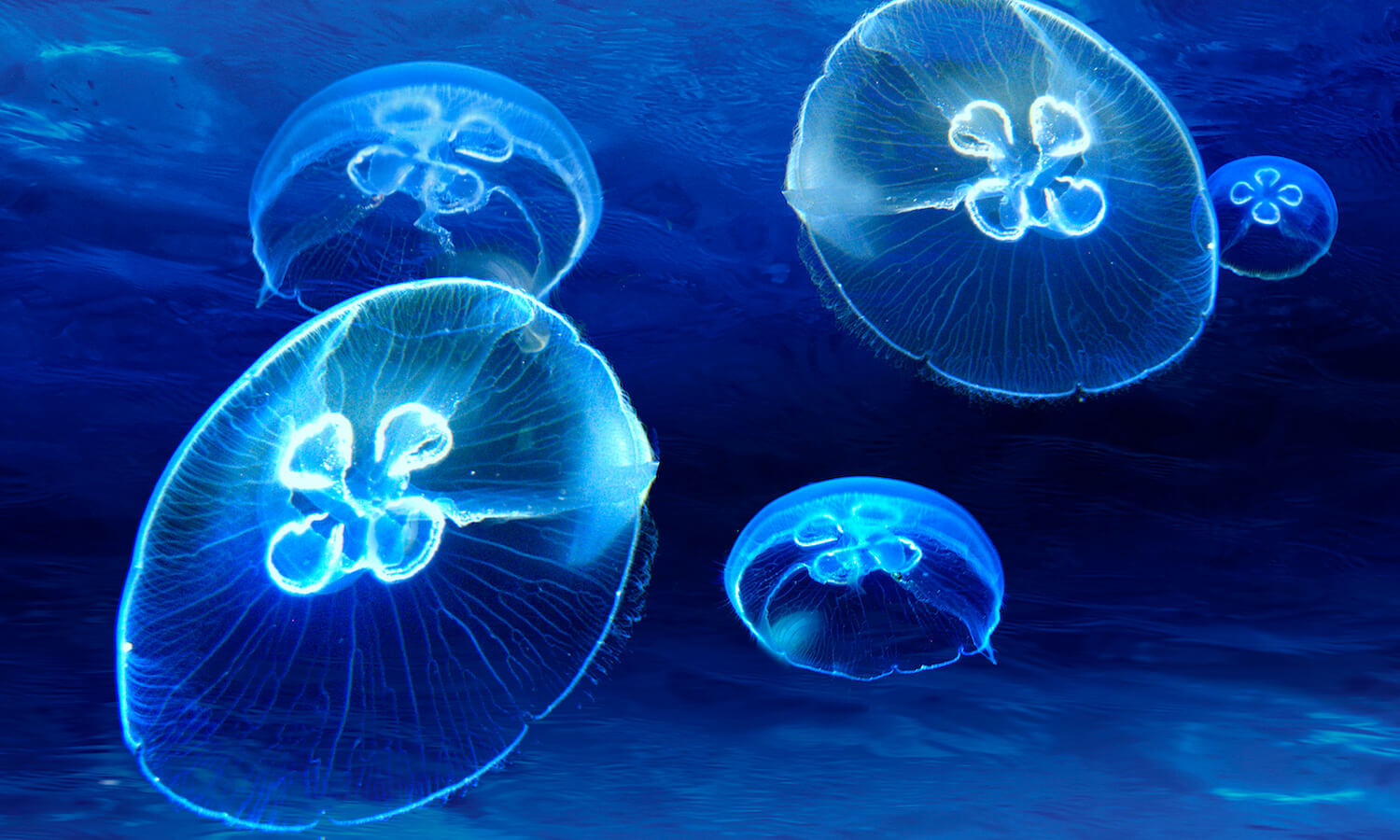Watch a video of, and read about, the historic landing of the first ever robotic spacecraft on a comet.


Watch a video of, and read about, the historic landing of the first ever robotic spacecraft on a comet.

Dr. Gary Greenberg uses high-quality microscopes to magnify and photograph grains of sand from beaches all over the world. Read this brief article to learn more. Make sure to click the link to view his spectacular images.

If an animal isn’t as fast or strong as its predators, then it has to be smarter to avoid being eaten. Find out about one adaptation that helps some animals outsmart the enemy.

Culture can help people to learn to share freely. Listen to this report comparing people in modern economies like those of the United States to hunter-gatherers.

Psychologist Ben Newell explains how previous experience affects risky decisions.

Something as simple as a window with a view of trees can help improve the recovery of hospital patients. This article explores how exposure to nature can help people suffering problems from ADD to cancer.

It is difficult to predict who will succeed at long-term tasks. In this talk, Angela Duckworth argues that a person’s persistence, or “grit,” is what will help them overcome challenges.

Robotics may seem to owe little to nature and everything to technology. But engineers have used the actions of social insects to guide the movements of robots that are not directly controlled by humans. Read this article to discover what robots can learn from ants.

“One sometimes finds what one is not looking for,” said Alexander Fleming, whose chance observation of a contaminated experiment led to the the world’s first antibiotic. This Smithsonian article discusses inventions and discoveries that centered on a flash of insight in a mind prepared to see what it wasn’t looking for.

What contributed to the devastating power of Hurricane Katrina? History® provides text, videos, and links on the formation and impact of Hurricane Katrina in 2005.

It may be easier to have a conversation with someone who already agrees with you, but it’s better for your brain to talk with—and listen to—someone who disagrees with you. In this article, Art Markman, Ph.D., a cognitive scientist at the University of Texas, discusses the practical applications of psychological research on disagreement.

In this short video, Brian Hare explores the importance of friendliness in the animal and human worlds.

Changing from using one language to another can be a challenge, one that is made even more difficult by reminders of one’s home country. This article by Emily Underwood explains why.

Free climbers Kevin Jorgesen and Tommy Caldwell reached the summit of El Capitan’s Dawn Wall in Yosemite after over 18 days of hard work. Many consider it the toughest, most challenging rock climb in the world. Read about it here.

An opinion columnist explores the idea of whether we should think about how smart the kinds of animals we eat might be.

This video explains how a human characteristic called ‘persistence of vision’ is the key to motion in animation.

Can you imagine a world where humans aren’t reliant on fossil fuels? Such a thing may seem impossible, but Christiana Figueres believes this ambitious goal is not only possible, but within reach.

The aquanauts at the Florida International University Aquarius research laboratory, an underwater lab, are working to save the world’s oceans. Watch a video about the importance of their work.

Some marine animals light up the dark ocean with fluorescence. Watch the video to see how it works and what purpose it serves.

What would you do if music made you see colors or numbers had a taste? Synesthesia occurs when two senses are combined. Watch a video about this amazing neurological trait.